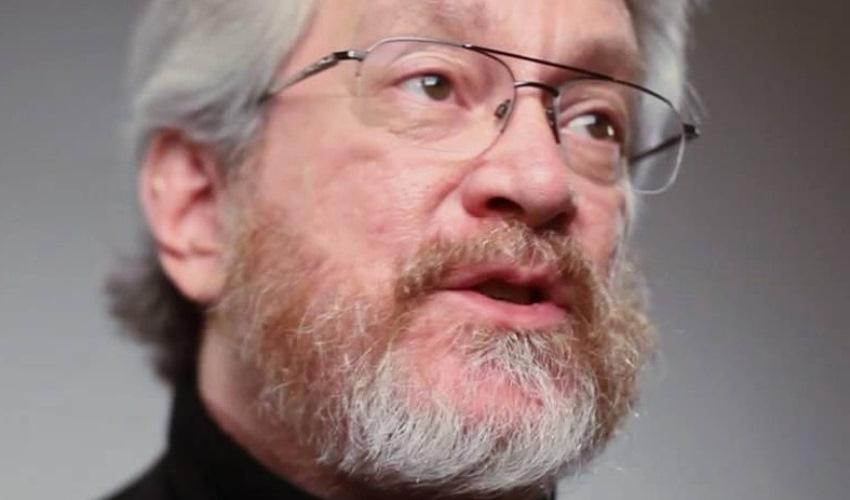
Scientists and Citizens for a Better Life
ALEX PENTLAND, MIT PROFESSOR AND AUTHOR OF SOCIAL PHYSICS, TRANSLATED INTO ITALIAN BY BOCCONI'S ACADEMIC PRESS: BY FOLLOWING THE DIGITAL TRACES PEOPLE LEAVE BEHIND, WE CAN LEARN TO ANALYZE, PREDICT, AND MODIFY SOCIAL NETWORKSby Fabio Todesco
Translated by Alex Foti
The head of the MIT Connection Science and Human Dynamics labs, Alex Pentland, is persuaded that thanks to big data we can build a better world. He thinks the pervasiveness of digital devices, together with the possibility of creating new electronic devices with the aim of observing willing individuals, creates such a vast quantity of digital traces that scientists are able to study, predict, and even modify the behavior of people on an infinitely smaller scale with respect to the past: from a city to a firm, down to group of friends and roommates. It hals systemtized his results in a new science, social physics, which also provides the title of his latest book, Social Physics: How Good Ideas Spread; the Lessons from a New Science(Italian translation: Fisica sociale. Come si propagano le buone idee, Ube 2015, pp. 288, 22 euros).
Similarly to physics deriving the laws of motion from energy flows, Pentland’s social physics derives the laws of human behavior starting from the flows of information and ideas. He believes that he can “build better social structures”. By tapping into petabytes and petabytes of data, Pentland observes that the most efficient social networks are characterized by rich flows of ideas and well-functioning mechanisms of social learning, in which, differently from what economics assumes, social incentives work better than individual incentives: I reward you not when you behave in a certain way, but when the members of your network do so.
How is the availability of large amounts of data sustaining the emergence of a new science?
Social science has always been mostly limited to laboratory experiments and surveys. These give only a narrow view of human behavior, and often a subjective one that is quite different from reality. When people share with researchers data from cell phones, credit cards, and the like, scientists can see what the actual patterns of behavior are in natural environments.
You've applied social physics to many situations. If you had to pick a single experience to explain the potential of the new science, which one would you choose?
We found that people make better decisions when they make an effort to learn from others, but only up to a point. With social media there are so many social inputs that people's decision making process gets overwhelmed. As a consequence people end up being caught up in fads and panics.
The mere possibility to collect millions of observations on social groups risks to be a researcher's dream but a citizen's nightmare. Are there ways to avoid abuses?
Researchers have to get approval for collecting data from a government committee, they have to show that the value to the citizen is greater than any danger, and they have to get the approval of the citizen. Moreover, the citizen can withdraw their data at any time. This sort of standard, which informs the citizen about data that is about them and puts the citizen in charge of that data, is the legal standard we should have for all data.
The Italian reader may be amazed by your definition of Trento as a "open data city". What's the Trento Living Lab? Why is it important?
It is an example of citizens and researchers exploring new ways of living, in order to find a way that we can all be happy and safe in this new world that has so much data.
